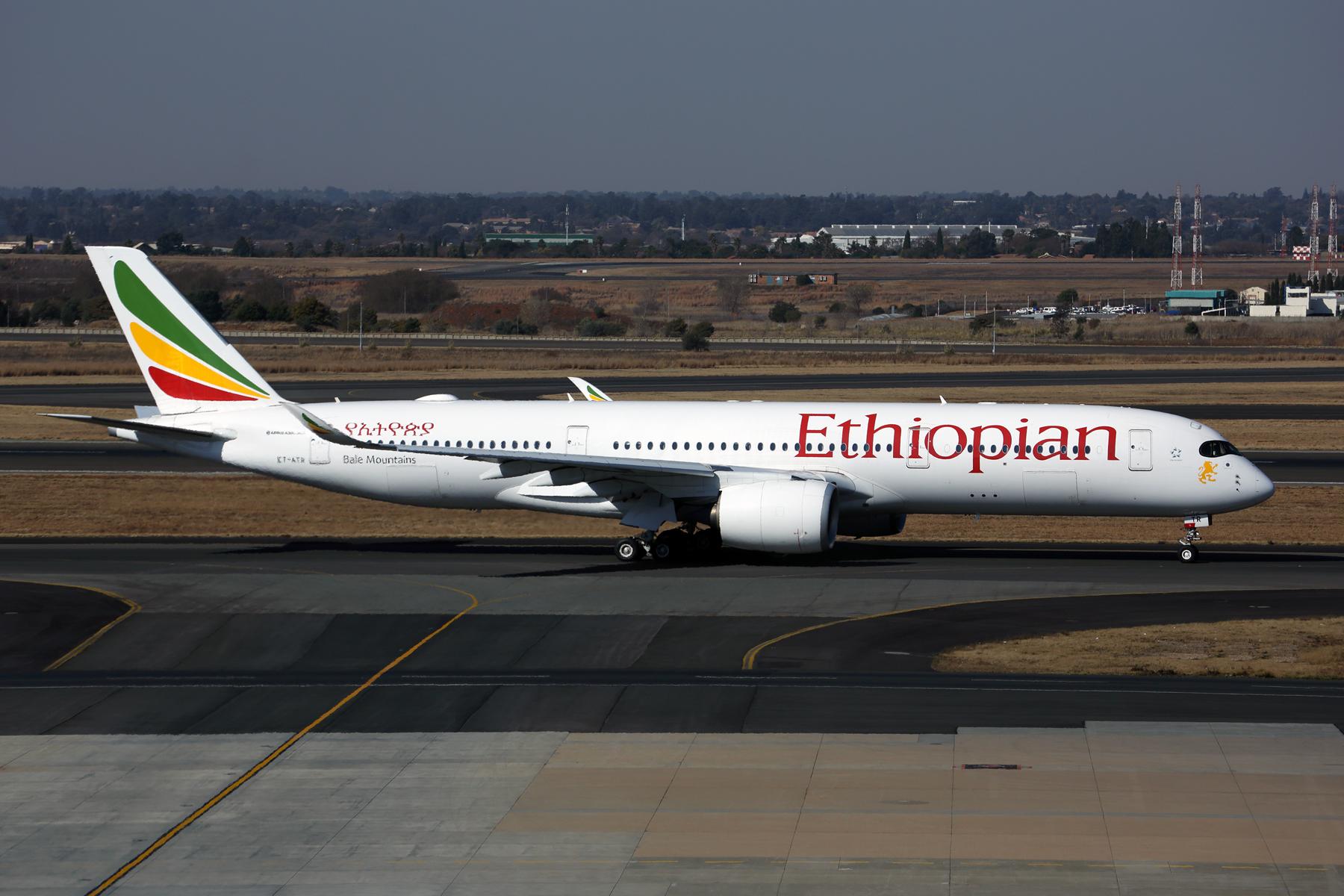
Ethiopian Airlines Group CEO Tewolde Gebremariam has outlined the next stage of his long-term strategic plan, which will include new business units, the creation of further African joint-venture airlines and network expansion into secondary long-haul destinations.
Speaking at Aviation Africa 2020 in Addis Ababa, Gebremariam said he was reviewing Ethiopian’s next 15-year strategy, for the period 2020 to 2035.
State-owned Ethiopian Airlines has been a standout African performer, doubling in size multiple times to become Africa’s largest airline. “Going forward, I think we can scale up on this growth,” he said.
He observed that in Europe and North America, airlines are run from quarter to quarter. “If the whole purpose of management is to satisfy Wall Street every quarter, then you have a problem because you also have to see the next five years, the next 10 years. Long-term planning has helped us a lot,” he said.
Ethiopian has seven strategic business units: Ethiopian International Services, Ethiopian Cargo & Logistics Services, Ethiopian MRO Services, Ethiopian Aviation Academy, Ethiopian Ground Services, Ethiopian Express Services and Ethiopian Airports.
By 2035, Ethiopian will expand further into travel and tourism. Ethiopian has already built a 375-room hotel and conference center close to its Addis Ababa home hub. In a second phase, this will be expanded to over 1,000 rooms.
Gebremariam said further hotels will be rolled out in the Ethiopian regions, to help boost the country’s tourism industry, which is “lagging behind.”
Building on its maintenance capabilities, Ethiopian is also branching out into aerospace manufacturing. Ethiopian is already working with Safran and Collins Aerospace, but Gebremariam sees potential to take on more low-end, labor-intensive work, creating jobs for Ethiopianians.
Further African airline ventures are also in the cards, joining Ethiopian’s own-branded airline in Mozambique and its strategic partnerships with Togolese airline ASKY in west Africa, Lilongwe-based Malawian Airlines in southern Africa and Tchadia Airlines in north-central Africa.
Ethiopian already has a management contract with Ceiba Intercontinental in Equatorial Guinea and Gebremariam is in discussions with Ghana and Zambia over airline projects.
“We call it multiple brands, single unit of production,” he said. Ethiopian provides its partners with various support services, including maintenance and training.
Gebremariam said African countries can be wary over partnering with Ethiopian. “Suspicion is very predominant, but we tell them that our intention is not make money there. When you start an airline, for a number of years you’re going to lose money. But the thing is, we see the future. These airlines will grow to fly intercontinental on their own.”
He said African startups often prioritize flying long-haul too early in their development. “That’s just a recipe for failure. ASKY has been in the market for 10 years and it doesn’t fly out of Africa. You see some airlines less than a year old already flying to Europe. Now ASKY is ready to fly to Paris. West Africa to Europe is a big market white spot right now.”
When asked about Qatar Airline’s recent strategic partnership with RwandAir, Gebremariam said, “We are going to compete. The market is big enough for all of us.”
Ethiopian already serves 127 international routes, linking Addis Ababa with the world’s major cities and trading centers. Gebremariam is now eyeing secondary destinations, adding Manchester as a second UK destination, Marseille as a second point in France and Houston in the US.
Looking at US expansion, Gebremariam is studying possible services to Atlanta, Minneapolis and further west coast links. He is also looking at more points in China, as well as bridge links from Asia to the Americas and Middle East.
“Because of our geography, there are still big opportunities for growth. That’s why we’re looking for new long-haul aircraft,” he said.
Gebremariam cited long-term planning, governance and management stability are the driving forces behind Ethiopian’s success.
Unlike fellow state-owned carrier South African Airways (SAA), Ethiopian has had little government interference and the management team has been given independence to run the airline according to normal business principles.
Ethiopian has also seen few management changes. Gebremariam has been CEO for nine years. His predecessor, industry veteran Girma Wake, was Ethiopian Airlines CEO for seven years. “Stability is very, very important,” he said.



